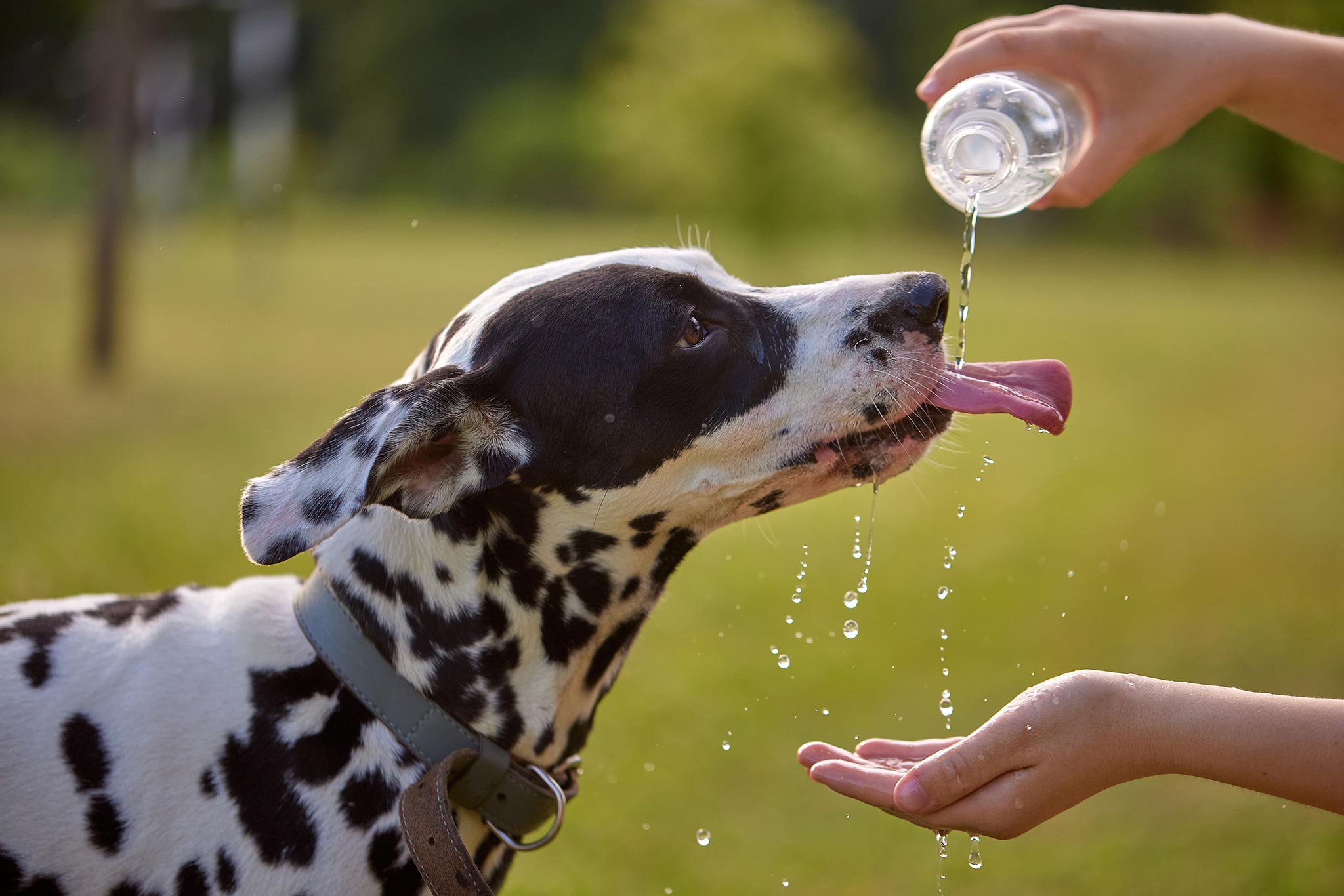Dog Dehydration: Signs, Causes, Treatments, and How To Protect Your Pet
When we think about keeping our dogs healthy, we often focus on their diet, exercise, and affection. But there’s one aspect that can easily be overlooked: hydration. Keeping your dog properly hydrated is more important than you might think. Dog dehydration can lead to serious health issues, affecting their kidneys, heart, and energy levels. In this blog, we’ll explore the signs of dehydration in dogs, what causes it, how it can be treated, and steps you can take to ensure your pet stays hydrated and healthy. If you have concerns or need more information, our team at Carey Animal Hospital in Cincinnati, OH, is here to help. Give us a call at (513) 531-7117 to chat with a professional or to book an appointment. Let’s ensure your pet stays happy, healthy, and well-hydrated.

Understanding Dog Dehydration
Dehydration occurs when your dog loses more bodily fluids than they’re taking in. Water is essential for your dog’s body to function properly. It helps with digestion, regulates body temperature, and helps blood flow. When there isn’t enough water in your dog’s body, things start to go wrong.
Signs of Dehydration in Dogs
Knowing the signs of dehydration in your pet is key to catching and treating it early. Look out for:
- Loss of appetite
- Reduced energy levels or lethargy
- Panting more than usual
- Dry mouth, gums, and nose
- Sunken eyes
- Elasticity loss in the skin (If you gently pinch your dog’s skin, and it doesn’t quickly return to its normal position, it’s a sign of dehydration.)
If you notice any of these symptoms, it’s important to get in touch with Carey Animal Hospital right away.
Causes of Dehydration in Dogs
Several factors can lead to your dog becoming dehydrated:
- Not drinking enough water
- Overheating in hot weather
- Vomiting or diarrhea
- Illnesses such as kidney disease or diabetes
Understanding what’s causing your dog’s dehydration is crucial to treating it effectively.
Treatments for Dog Dehydration
If you think your dog is dehydrated, the first step is to consult with a vet immediately. Treatment might include:
- Providing small amounts of water or ice chips to lick if your dog can drink on its own.
- Subcutaneous or intravenous fluids administered by a veterinarian if the dehydration is more severe.
Treatment will vary based on the dehydration’s cause and severity, so it’s essential to follow the guidance of your vet.
How To Protect Your Pet from Dehydration
Preventing dehydration is key to maintaining your dog’s health. Here are some tips:
- Ensure fresh, clean water is always available.
- Monitor your dog’s water intake, especially in hot weather or after exercise.
- Provide a cool, shaded area for your dog during warm weather.
- Consider using a pet water fountain to encourage your dog to drink more.
Regular check-ups at Carey Animal Hospital can also help catch any underlying conditions that might lead to dehydration.
Taking steps to prevent dehydration is a simple yet effective way to keep your dog healthy. Watching for signs of dehydration, knowing the causes, and understanding the treatments are all part of being a responsible pet owner. If you ever have concerns about your dog’s hydration or health, please call Carey Animal Hospital at (513) 531-7117. Our knowledgeable team is ready to provide the care your dog needs to stay hydrated and healthy.

